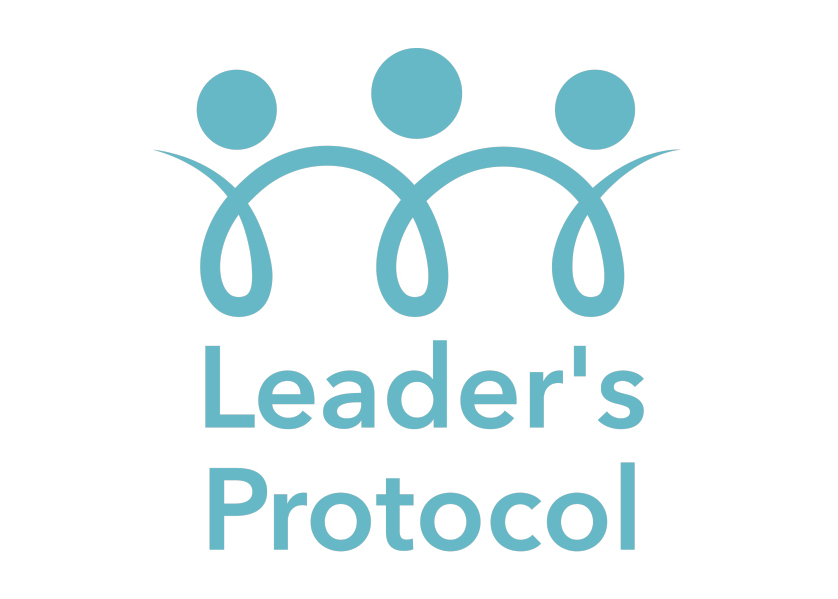Trust is maybe a utopia most people aspire to - a trusted colleague, friend, relation, team mate and so on. But what constitutes trust, how do we create it, sustain it, and make sure we don't lose it amongst our colleagues and probably our lives in general?
The Power of Trust in Building and Leading Teams
In the realms of team dynamics and leadership, trust is often revered as the essential glue that holds teams together. Whether in business, sports, or the military, trust underpins successful collaboration, promoting a culture of openness, engagement, and shared purpose. However, building and maintaining trust is a complex process, requiring conscious effort, time, and consistency. In this article, we’ll delve into the power of trust, exploring its multifaceted role and how it can make or break teams in various sectors of society.
Trust: The Foundation of High-Performing Teams
Stephen M.R. Covey, in his book “The Speed of Trust,” posits that trust is the one thing that changes everything. Trust, according to Covey, accelerates productivity, reduces costs, and increases both stakeholder and employee satisfaction. He claims that low trust slows everything — every decision, every communication, every relationship — creating a hidden tax that inflates costs and time.
In the context of team dynamics, trust is pivotal. Research shows that trust reduces uncertainty, helps manage risk, and enables cooperation and knowledge sharing among team members. But trust isn’t given; it’s earned, and once damaged, can be challenging to repair.
The Trust Factor in Diverse Fields
Business
Consider the example of The LEGO Group. The Danish toy manufacturer, known globally for its interlocking bricks – very painful if stood on (as any parent will testify!), underwent a massive cultural shift under the leadership of CEO Niels B. Christiansen.
When Christiansen took the helm in 2017, he emphasised the importance of collaboration and trust among team members to foster innovation. He introduced transparent processes and open communication channels that fostered a safe environment for the teams to share ideas and feedback. This not only built trust among employees but also fueled their creativity, leading to successful product lines like LEGO Technic and LEGO Star Wars.
In addition to this, The LEGO Group has been lauded for its emphasis on corporate responsibility and ethical business practices, further cementing the trust relationship with its consumers, partners, and employees alike.
This turnaround story emphasises that building a culture of trust can lead to innovation and success, even in a company with a long-standing history and well-established practices.
Sports
The power of trust extends to sports teams, where it’s often the determining factor between winning and losing. The 2019 Women’s World Cup-winning U.S. soccer team is an excellent case in point. They boasted exceptional talents, but what set them apart was their profound level of trust, both in each other and in their coach, Jill Ellis. This trust translated into a cohesive unit that dominated the world stage.
Military
Trust is integral to military operations. In “Leaders Eat Last,” Simon Sinek shares how U.S. Navy SEAL teams rely on mutual trust for survival and success in high-stakes missions. The trust isn’t solely about personal bonds but a shared understanding that each team member will fulfill their duties reliably and effectively.
Societal Connections
Trust isn’t limited to professional or team settings; it permeates every facet of society. Communities with high levels of trust tend to have stronger social connections, more engaged citizens, and higher rates of volunteerism. Trust, as Robert D. Putnam discussed in “Bowling Alone,” is the cornerstone of social capital — the collective value of social networks and inclinations to reciprocate.
The Challenges of Building and Sustaining Trust
While the benefits of trust are clear, building and sustaining it can be daunting. Trust is a delicate equilibrium that can easily tilt, with repercussions on team cohesion and performance. Several factors can erode trust, including inconsistent communication, unfulfilled commitments, and poor behavior, underscoring the need for continuous effort in nurturing trust.
Furthermore, trust can’t be mandated; it must be cultivated. High-trust environments, as demonstrated by the likes of Google and the U.S. Women’s soccer team, don’t happen by accident. They are the result of intentional and consistent actions from leaders and team members.
Cultivating Trust: A Guide for Leaders
- Model Trustworthy Behaviour: Leaders play a critical role in setting the tone. By demonstrating integrity, reliability, and fairness, leaders can encourage similar behaviour in their teams.
- Role Model Open Communication: Transparency is crucial for trust. Regular, clear, and honest communication, even when the news is bad, fosters trust and respect among team members.
- Promote Accountability: When team members fulfil their responsibilities and leaders hold them accountable, trust is reinforced.
- Show Vulnerability: As Brené Brown asserts in her TED talk, vulnerability is the birthplace of trust. By showing they’re human, leaders can create a safe space for team members to do the same.
- Encourage Mutual Respect: Every team member has a role to play, and recognising their contributions fosters a culture of mutual respect and trust.
In conclusion, trust is a potent tool in a leader’s arsenal. When harnessed effectively, it can propel teams to unprecedented success. However, it requires an ongoing commitment to maintain and deepen trust within teams. Leaders who do this reap the rewards of engaged, cohesive, and high-performing teams.
Is your team’s level of trust where it should be? Are you doing everything you can to cultivate a culture of trust? If not, it’s never too late to start. After all, trust is the one thing that can truly change everything.
Want more? I’d recommend …
Book: “The Speed of Trust: The One Thing that Changes Everything” by Stephen M.R. Covey
Article: “The Neuroscience of Trust” by Harvard Business Review
Video: “The Anatomy of Trust” by Brené Brown
Podcast: “Trust Matters” by Charles H. Green



